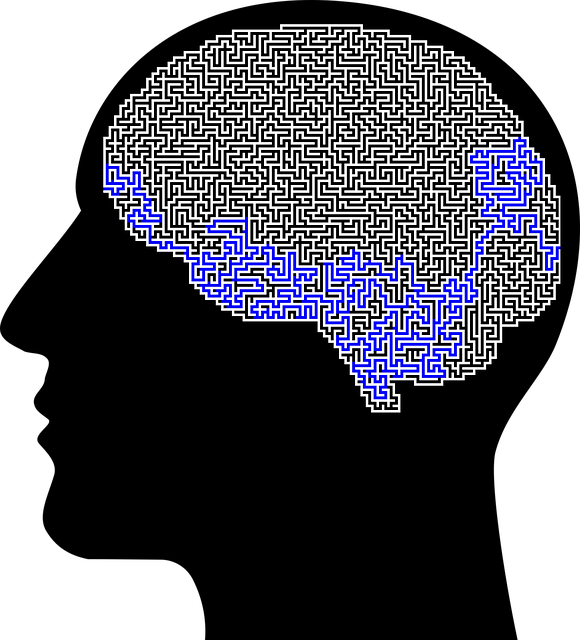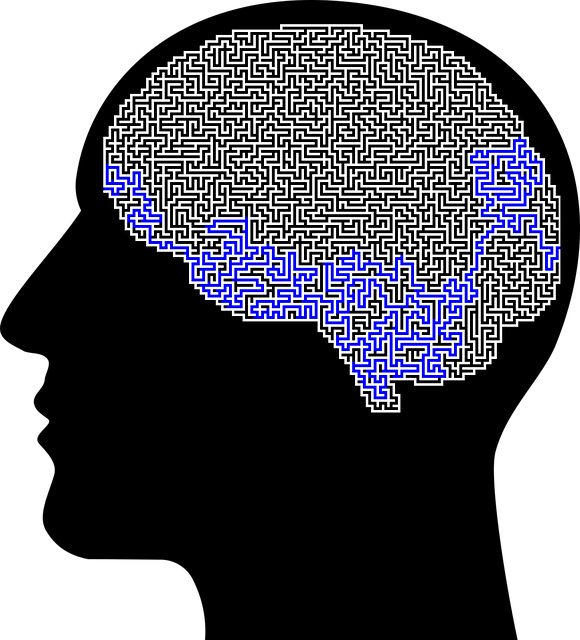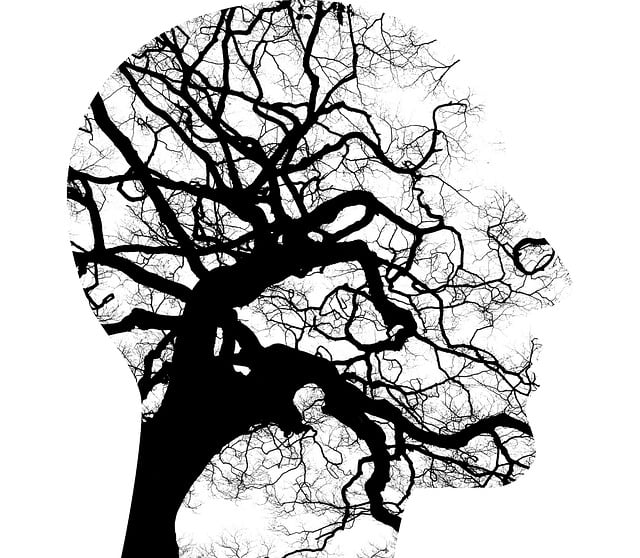Louisville Oppositional Defiance Disorder (LODD) therapy focuses on emotion regulation through evidence-based strategies like Social Skills Training and self-care routines, addressing the root causes of behavioral issues. Cognitive-behavioral approaches tailored to individual needs, with cultural sensitivity, empower young individuals to develop healthy coping mechanisms and improve relationships. Key techniques include self-awareness exercises, stress management workshops, mindfulness, and cognitive restructuring, supported by structured therapy sessions, peer groups, parental involvement, and healthcare provider training in cultural competency.
Emotion regulation techniques play a pivotal role in therapeutic interventions, especially when addressing complex conditions like Louisville Oppositional Defiance Disorder (LODD). This article explores the significance of emotion regulation in therapy and its potential to bring about positive change. We delve into LODD’s impact on individuals and discuss evidence-based techniques for emotional control. Furthermore, we provide practical strategies for implementation and offer support systems to foster sustained behavioral modification in therapy.
- Understanding Emotion Regulation and its Significance in Therapy
- Louisville Oppositional Defiance Disorder (LODD) and Its Impact
- Teaching Effective Techniques for Emotional Control
- Practical Implementation and Support for Sustained Change
Understanding Emotion Regulation and its Significance in Therapy

Emotion regulation is a crucial aspect of mental health and plays a significant role in therapeutic interventions, especially when addressing conditions like Oppositional Defiance Disorder (ODD) in Louisville. Understanding how individuals process and manage their emotions is essential for effective therapy. ODD, characterized by frequent arguments with authority figures and refusal to comply with rules, often stems from underlying emotional dysregulation. By teaching emotion regulation techniques, therapists can empower individuals to navigate their feelings in healthier ways, reducing behavioral issues and improving overall well-being.
This process involves recognizing and understanding emotions, as well as developing strategies to manage them constructively. Social Skills Training, for instance, can help individuals with ODD learn appropriate ways to express and control their emotions, fostering better interactions with peers and adults. Additionally, encouraging the development of a Self-Care Routine for Better Mental Health can provide individuals with tools to soothe themselves during moments of heightened emotion, preventing potential outbursts or aggressive behaviors.
Louisville Oppositional Defiance Disorder (LODD) and Its Impact

Louisville Oppositional Defiance Disorder (LODD) is a common mental health challenge affecting children and adolescents, characterized by persistent defiant and hostile behaviors. This disorder can significantly impact a young person’s life, leading to difficulties in various settings, including home, school, and social environments. Without proper intervention, LODD may contribute to long-term issues such as academic underachievement, substance abuse, and depression prevention challenges.
Louisville Oppositional Defiance Disorder therapy often involves cognitive-behavioral approaches tailored to address the unique needs of each individual. Cultural sensitivity in mental healthcare practice plays a crucial role in effective treatment, ensuring that interventions are inclusive and respectful of diverse backgrounds. Mental wellness coaching programs development can be integrated into these therapies, empowering young people to develop coping strategies, enhance emotional regulation skills, and foster better relationships with peers and authority figures.
Teaching Effective Techniques for Emotional Control

Teaching effective techniques for emotional control is a cornerstone of Louisville Oppositional Defiance Disorder (ODD) therapy. By equipping individuals with tools to manage their emotions, therapists facilitate better coping mechanisms and improved overall well-being. Self-awareness exercises play a pivotal role in this process; through mindfulness practices, individuals learn to recognize triggers and identify early signs of emotional escalation. This increased self-awareness allows for proactive intervention, preventing outbursts and promoting healthier responses.
Stress management workshops within the framework of ODD therapy are designed to empower clients with practical strategies. These workshops often include breathing techniques, progressive muscle relaxation, and cognitive reframing, enabling participants to gain control over their emotional reactions. Incorporating Cultural Sensitivity in Mental Healthcare Practice ensures that these techniques are tailored to individual needs while respecting diverse cultural backgrounds, making the therapeutic process more inclusive and effective.
Practical Implementation and Support for Sustained Change

Implementing emotion regulation techniques requires a structured approach tailored to individual needs, especially when addressing conditions like Oppositional Defiance Disorder (ODD) in Louisville. Mental health professionals play a pivotal role in guiding clients towards sustainable change. Through personalized therapy sessions, they teach evidence-based strategies such as mindfulness exercises and cognitive restructuring, empowering individuals to manage their emotions effectively.
Support systems are integral to long-term success. This includes ongoing therapy, peer support groups, and even parental involvement for children with ODD. Integrating these techniques into daily routines fosters resilience and helps navigate triggers. Additionally, healthcare provider training in cultural competency and compassion cultivation practices ensures a supportive environment, especially in diverse communities, facilitating effective risk management planning for mental health professionals addressing Louisville ODD cases.
Emotion regulation techniques offer a powerful tool in therapy, especially for managing conditions like Louisville Oppositional Defiance Disorder (LODD). By teaching individuals effective strategies for emotional control, therapists can empower clients to navigate their feelings constructively. Through practical implementation and ongoing support, these techniques foster sustained change, enabling folks to lead more fulfilling lives and improve their overall well-being. When integrated into therapy practices, emotion regulation skills have the potential to revolutionize how we address behavioral challenges, particularly in Louisville.














